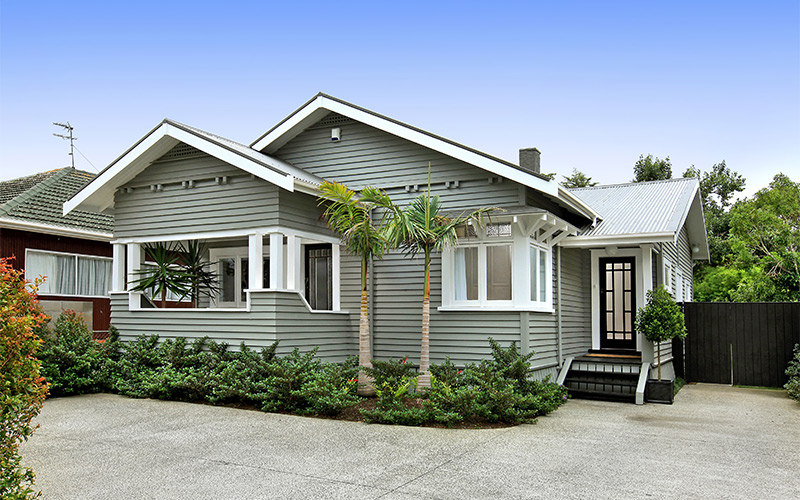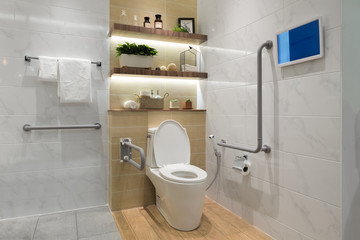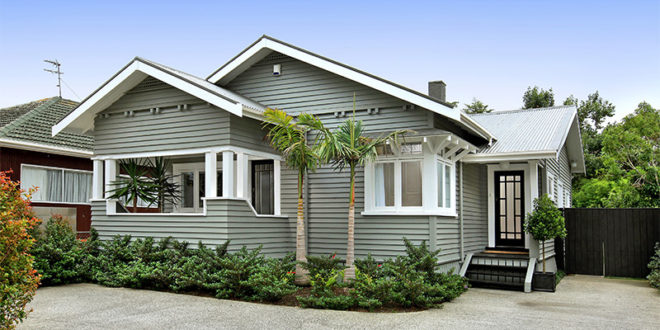The good news for mature New Zealanders is that we are living longer than ever before and we are a potentially more powerful group, since the age of people over the age of 65 has doubled in recent decades. There has been a visible boom in retirement villages for the more affluent. However, many mature New Zealanders are also opting to continue living in their homes, in order to stay in the community in which they have built important relationships, and remain close to family and friends.
Do houses in New Zealand meet the needs of mature citizens?

Housing in New Zealand has its ups and down when it comes to the needs of mature citizens. On the one hand, the typical home built in the 1970s is single-storey, which reduces the chances of falls and fractures. On the other hand, most homes have a sizeable outdoor area, which can require significant maintenance, especially if the home has a garden. Home can also have more bedrooms than are necessary (three beds is the average in older homes), and the configuration of older homes can be difficult to modify. Downsizing is not a solution in the current market since most smaller apartments are located in buildings with various stories. Problems can also arise for those who bought a house built from the 1980s onwards since these homes are often double-storied.
Home reform as a partial solution
Recent proposed changes to the Resource Management Act have sought to address the problem of suitable, affordable housing for the ageing, by helping to increase land supply and limit future increases in land values, so that the elderly can purchase smaller, affordable homes located within existing communities. One in seven mature people opt for residential care, but many others choose to remain within their home with their partner or alone; those who have special needs, meanwhile, may opt to live with family. Often, specific reforms to increase home safety are required. Changes can be small or major.
 Popular reforms which do not require major expense but which make a big difference to seniors’ lives, include installing grab bars in showers and toilets, installing bed rails, removing thresholds or saddle from doorways to stop shuffling feet from tripping over them, changing door handles from round to lever style (since round knobs can be painful to use for those with arthritis), the installation of affordable wheelchair access ramps, and the clearing of plants to keep sidewalks viewable. Adequate lighting near the front doors or back patios can also serve to prevent accidents. Many families find that installing security systems (which often offer complementary personal emergency response systems) help mature family members feel safe and secure in the moments when they are alone.
Popular reforms which do not require major expense but which make a big difference to seniors’ lives, include installing grab bars in showers and toilets, installing bed rails, removing thresholds or saddle from doorways to stop shuffling feet from tripping over them, changing door handles from round to lever style (since round knobs can be painful to use for those with arthritis), the installation of affordable wheelchair access ramps, and the clearing of plants to keep sidewalks viewable. Adequate lighting near the front doors or back patios can also serve to prevent accidents. Many families find that installing security systems (which often offer complementary personal emergency response systems) help mature family members feel safe and secure in the moments when they are alone.
Affordable housing continues to be a challenge in New Zealand, since current planning rules favour value maximisation instead of affordable housing. Proposed reforms to the RMA will support a better market-led response, to incorporate mature residents into new and existing living spaces. Until specialised affordable housing becomes more available, mature citizens are likely to either continuing living in their own home, or to move in with family. Small reforms can go a long way towards helping the mature feel safer and more comfortable.









Join the Discussion
Type out your comment here:
You must be logged in to post a comment.